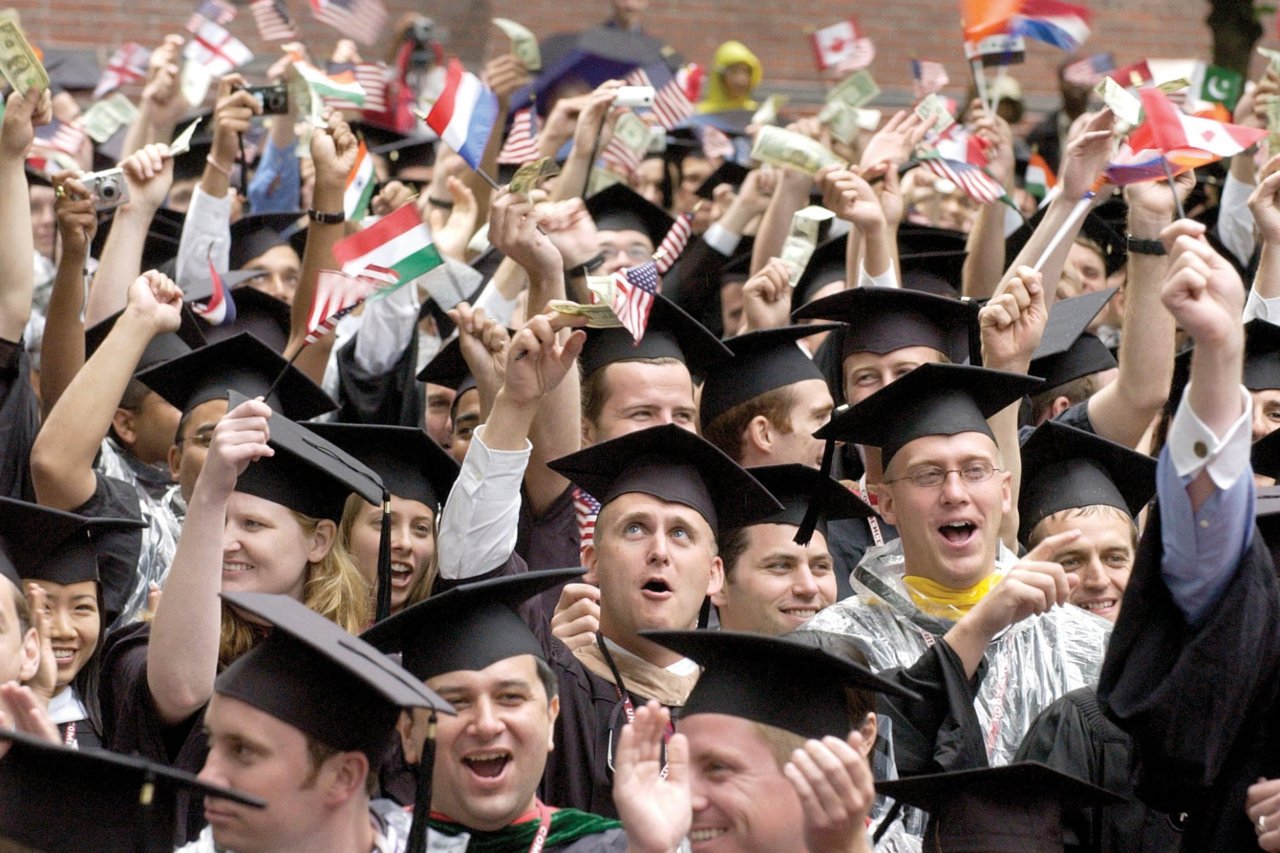He doesn't use the word "cheating," exactly, but Don Moore, an associate professor at the University of California, Berkeley, business school, argues that America's most elite educational institutions just aren't playing fair. The kids who make it into those rarefied colleges and universities are likely to be graded more leniently than in other institutions, he writes. (He notes that back in 2001, Harvard was embarrassed by the revelation that 90 percent of its students graduated with honors.) And since the combination of a high grade point average and a prestigious alma mater is often key to finding a top job, "students at elite colleges, who already have innumerable social and economic advantages, are given yet another leg up." A study Moore co-authored in the peer-reviewed journal PLoS One showed that even professionals who ought to know better, like graduate-school admissions officers, tend to take high grades as an indication of greater merit without discounting for the known policies of the institutions that doled them out. Thus the rich get better credentials to get richer, while the bottom fifth of the population has very little chance to move up. "The stratification of education is undermining the accessibility of the American Dream," says Moore.
When Elite Universities Give Everyone Good Grades, the Rich Get Richer
























